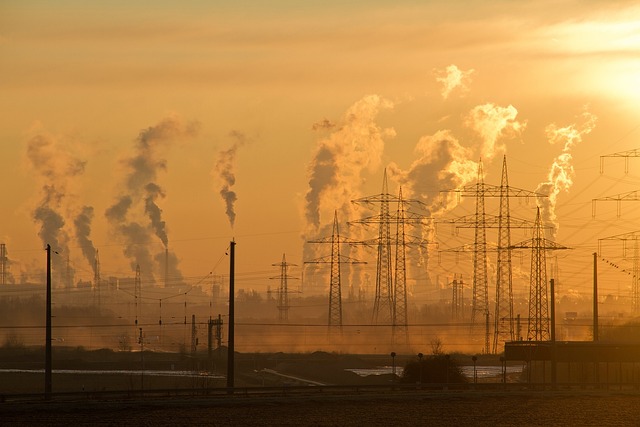Deforestation and air pollution are two critical environmental issues that are intricately linked. As vast areas of forests around the globe continue to shrink due to logging, agriculture, and urban development, the consequences extend far beyond the immediate loss of trees. One of the most significant impacts of deforestation is the increase in air pollution, which affects not only our health but also the climate of our planet.
Forests play a fundamental role in maintaining air quality by absorbing carbon dioxide and releasing oxygen. Trees act as natural air filters, capturing pollutants and providing a balanced ecosystem. When these trees are cut down, the stored carbon is released back into the atmosphere, contributing significantly to greenhouse gas emissions. This process accelerates climate change, which in turn exacerbates air pollution through more frequent wildfires, heatwaves, and droughts.
The presence of air pollution can often be traced back to agricultural practices that replace forests. The clearing of land for crops not only leads to soil erosion but also increases the use of fertilizers and pesticides, which release harmful chemicals into the air. These pollutants can cause respiratory issues for individuals living nearby and contribute to broader health problems on a community level. It’s a cycle that feeds on itself, where deforestation leads to air pollution, and greater air pollution further threatens forest recovery.
Moreover, air pollution itself poses a direct threat to the survival of forests. Pollutants such as sulfur dioxide and nitrogen oxides can lead to acid rain, which damages trees and forests, disrupting their growth and ability to sequester carbon. As forests are ravaged by these pollutants, their capacity to mitigate the effects of climate change diminishes, leading to a further increase in global warming.
Furthermore, the impacts of deforestation and air pollution do not recognize geographical boundaries. Poor air quality can travel thousands of miles, affecting regions far removed from the source of pollution. Communities that are already vulnerable, especially in developing countries, bear the brunt of the impacts. In addition to health risks, these communities face economic challenges and reduced access to clean air and water, which are critical for survival.
Our understanding of the link between deforestation and air pollution must encourage us to look at climate change holistically. It’s essential to advocate for sustainable land-use practices that preserve forests and address air quality issues. Supporting initiatives that promote reforestation and sustainable agriculture can prevent the cycle of degradation and pollution. By acknowledging and acting on the relationship between these environmental crises, we can work towards a healthier planet and a sustainable future for generations to come.
As individuals, we can also make a difference in our own communities by supporting policies and practices that reduce air pollution, such as investing in renewable energy sources and reducing our reliance on fossil fuels. The fight against deforestation is intertwined with our ability to breathe clean air and live in a stable climate. Together, we can advocate for a world where nature is restored, air pollution is minimized, and healthy ecosystems thrive. Every small action counts in turning the tide against these pressing issues.




